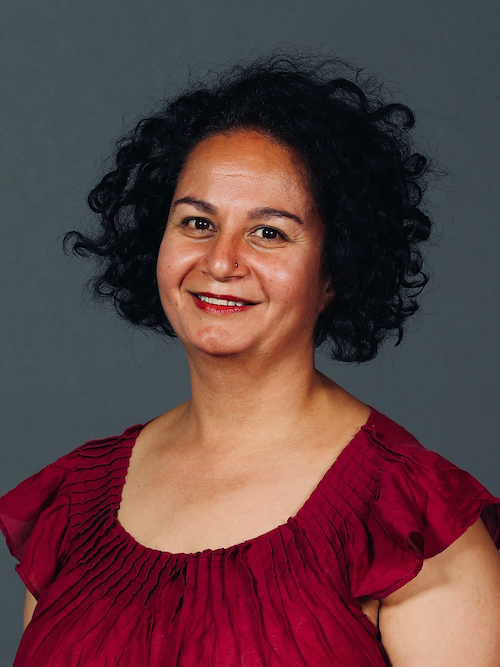After 11 months in India, it finally managed to make me sick…. really sick. Over the course of four weeks I have managed to spend three weeks debilitated by various stomach bugs. It hasn’t been fun, and now that we are in the thick of monsoon, I am not entirely sure that it’s over yet. Whilst getting the runs in India is almost like a rite of passage, I certainly didn’t expect that the medication I was prescribed to heal me could actually do me much greater harm.
After almost a week of stomach cramps I went to visit a doctor who was recommended to me by a work colleague. The clinic was small and crowded, but this is Mumbai where space is a premium few can afford and privacy is a foreign word. The doctor examined me and clearly knew what she was doing, as my father (who was a GP) correctly told me, a local doctor will know how to treat the specific bugs that are going around. I was prescribed two medications, some probiotics and electrolyte mixture and sent on my way.
After taking the first day’s medication, I decided to just quickly “google” what I had been prescribed. Much to my horror I discovered one of the medications (Entereoquinol), whilst very effective, was actually banned in most countries around the world because it could permanently damage the optic nerve. So recovering from gastro could make me blind.
What horrified me the most was that this was prescribed by a qualified doctor. What makes this problem even worse is that in India drugs are readily available and rarely require a prescription. As a matter of fact, the only time I have been asked for a prescription was when I was trying to get hold of the pill (which funnily enough, I think, no longer requires a prescription in Australia), and whilst one pharmacy knocked me back, the one next door happily sold it to me without prescription.
After some further research, it appears there are many drugs that are banned around the world, including neighbouring countries such as Bangladesh and Sri Lanka, that are still available in India. Medications that are known to cause stroke, liver disease and brain haemorrhage are commonly prescribed. I know in Australia there are very stringent guidelines and processes to go through before a drug is allowed to be prescribed, and also a process to remove drugs if they later are found to be dangerous. So how does it work in India?
Information on the process was a little hard to find, but according to one article clinical trials are required to be conducted in India before a drug is approved by the relevant authority, however some are falling through the cracks. In one review of 39 drugs that were approved, 11 were found not to have the necessary documentation. Worse still, 33% of the ones looked at in the review are already banned in many countries, like USA and Australia, but were still approved to be sold in India It appears the health of potentially millions of people is not worth even following an appropriate process.
Another article says that drugs can be banned if there are sufficient reports of adverse reactions. I have seen a few doctors all over India in the past 11 months and not one wrote notes or records of our appointment. So if doctors do not have proper records about what their patients are experiencing, how can there be reporting for adverse reactions to specific medications? If there are few reports, then how can drugs ever be banned once they are let loose on the market?
Researching on the internet, I found many articles that talk about how India is a dumping ground for banned medication. So other countries reject a drug for not being safe for their citizens, and they are sold in India instead. It appears the Indian government or medical profession doesn’t think their citizens are worthy of protection. That’s a sad state of affairs. There are enough people dying of preventable diseases in India because they can’t access medical care, yet even those who do have access are still not safe.
The medical profession recently came under scrutiny in the show Satyamev Jayate which discussed corruption in the profession, such as doctors deliberately prescribing incorrect medication. The medical profession responded by asking the host to apologise to them…. he refused. It’s a sad state of affairs when those entrusted with the knowledge to heal use it to hurt instead.
In my case, I don’t believe the doctor I saw was corrupt, I believe she genuinely felt she was prescribing me the best thing for my digestive system. I don’t know if she knew the medication could damage my eyesight, I never went back. Instead I found another doctor, and thoroughly researched everything she prescribed before I took it. So now it seems I have to take responsibility for the medical care I receive in India as well. Luckily I have the means to research things thoroughly, but what about the hundreds of millions who don’t?

Leave a Reply